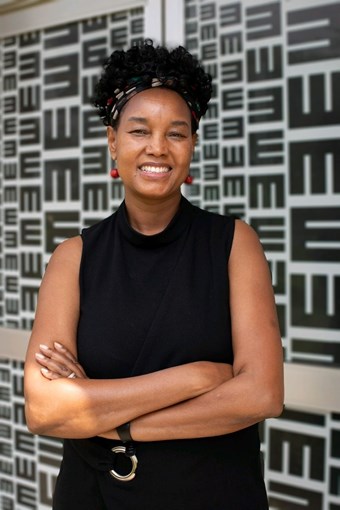This webinar will showcase cutting-edge technological advancements in ophthalmology and how these innovations are revolutionising healthcare delivery, particularly in the Global South.
With a strong emphasis on Artificial Intelligence (AI), Virtual Reality (VR), and Extended Reality (XR), the meeting will explore their current and potential roles in ophthalmic surgery and training, particularly in low- and middle-income countries (LMICs).
AI and XR are reshaping the global landscape of ophthalmology by enabling more accessible, efficient, and effective treatment and training options. This event will bring together two pioneering experts, Professor Ciku Mathenge and Professor Jagtar Dhanda, who are at the forefront of utilising these technologies to transform eye care and surgical training in underserved regions.
By attending the webinar, you will:
- Gain insight into the latest technological advancements in ophthalmology, with a specific focus on their application in LMICs.
- Learn about the role of AI in diagnosing and managing ophthalmic conditions in resource-constrained environments.
- Understand the benefits and challenges of implementing XR technology for surgical training in global health settings.
- Have the opportunity to engage with experts who are pioneering technological solutions that address disparities in global eye care.
The webinar aims to explore the role of AI, VR, and XR technologies in transforming the field of ophthalmology and surgery, particularly in regions with limited resources, showcase real-world examples of how AI is enhancing eye care delivery in sub-Saharan Africa, and discuss the utility of XR technology in surgical training and its impact on improving health outcomes in low- and middle-income countries.
The meeting will facilitate a dialogue on the importance of these technologies in bridging global healthcare divides and providing sustainable solutions for underserved populations.
Follow us on:
Facebook
Instagram
LinkedIn
Twitter
YouTube



